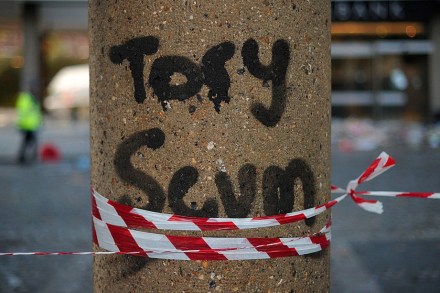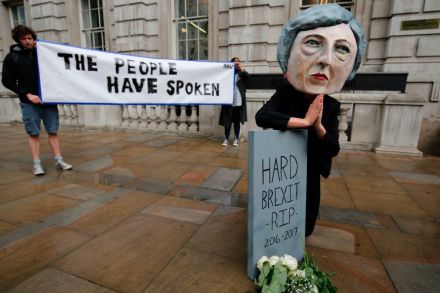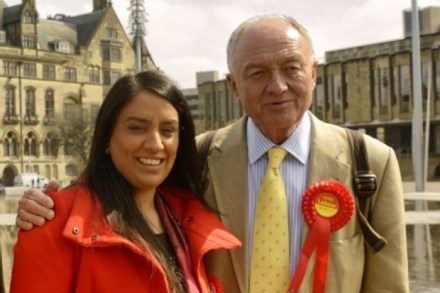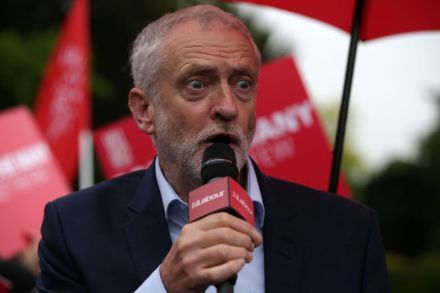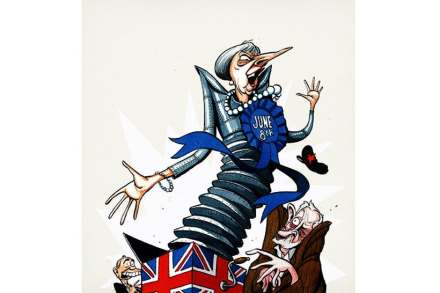Trying to turn Grenfell Tower into a morality tale about the rich and poor stinks
Who would want to be a political leader in the wake of a disaster such as that of Grenfell Tower? If you show up and hug the victims you run the risk of being accused of opportunism and obstructing the emergency services in their work; if you stay away from the site you will be accused of callousness – even if you are spending your time working on the practical issues relating to the event. But there is a very strong emerging narrative: that Jeremy Corbyn got it right by turning up and sharing the grief of the victims, and that Theresa May got it horribly wrong by restricting her



